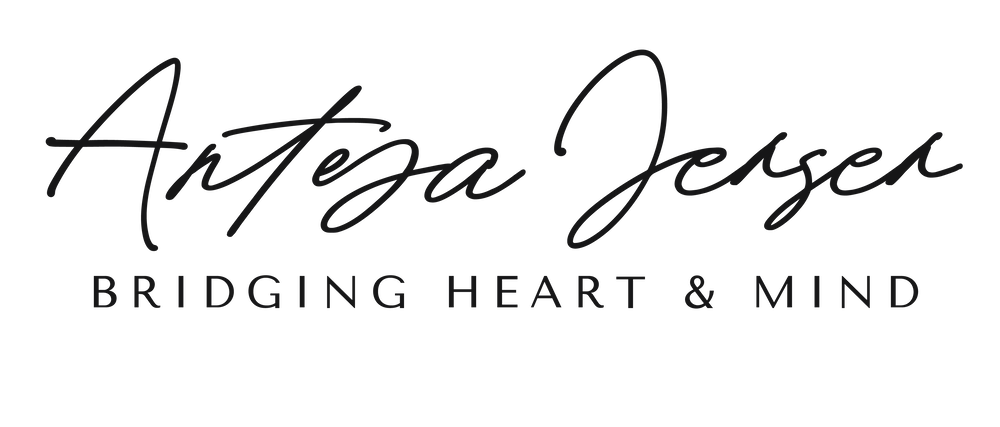Are you blaming with fancy packaging?
The notion of offering honest feedback is currently taking companies and communities by storm, and some of the top companies in the world pride themselves on their "feedback-driven organizations" where dropping truth bombs has become such a regular practice that it dominates interactions between peers and from leaders to their teams.
I've been listening to the murmurings from some of my clients who are immersed in these environments and am noticing a common theme: blame masked as honest feedback.
We all know it's not cool to blame, but sorting out language to avoid blaming vocabulary is not enough to sidestep this rabbit hole. Blame isn't just in our words - it's something that goes deep, and can be felt emotionally, and energetically (whether we're aware of it, or not).
Feedback doesn’t work unless you take responsibility for your interpretation of your experience and also regulate your nervous system and your emotional response to what you’re pointing at.
If you don’t do ALL of those things, it’s basically just blame with fancy packaging.
Do you work in a feedback-driven organization? Are you noticing the same things I am? Word on the street is that most people don’t actually know how to give feedback well and what's happening is a lot of people are leaning toward compliant behavior and perfectionism to avoid feeling blamed rather than using feedback to change company culture and build connection and create space for human-centric innovation. Even at the companies I know that pride themselves on practicing it, this isn't going as well as it could.
I have personal experienced the monumental shift that occurs when a person learns the emotional intelligence skill of managing their emotional response and regulating their own nervous systems. Feedback in these conditions creates powerful connection and trust, and builds community and culture in ways that no empty truth-bomb ever could.

